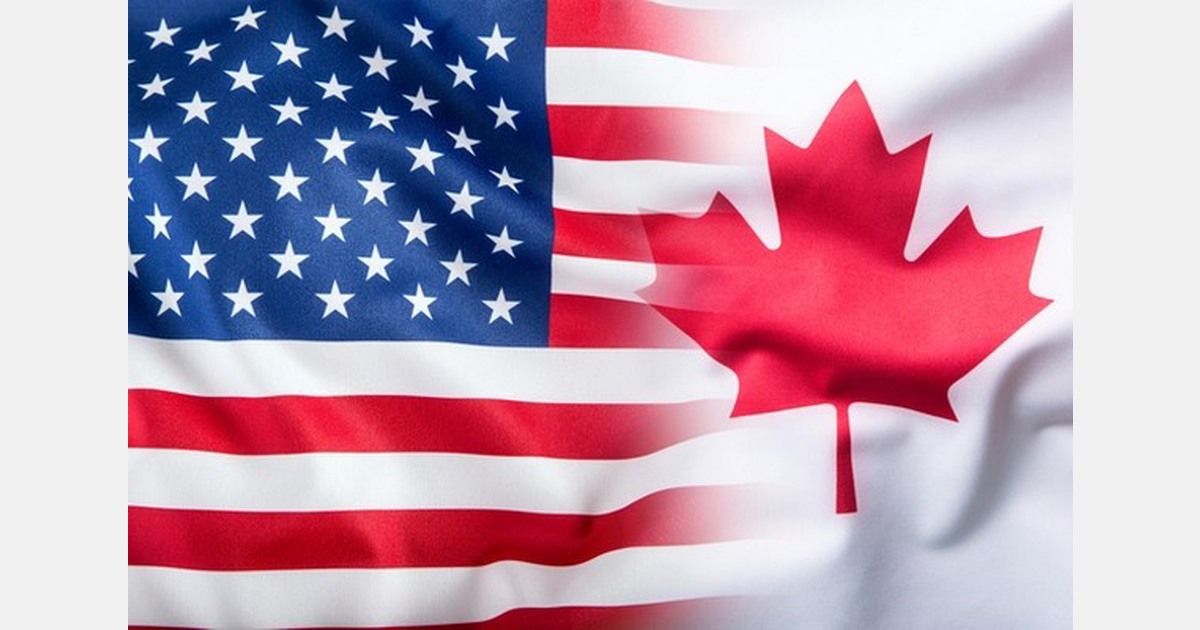
U.S. President Trump announced the imposition of a 35% tariff on Canadian goods starting 1 August, despite both nations nearing a deadline for a trade deal. The announcement was made public via a letter on Trump’s social media platform, Truth Social. In addition, Trump threatened a 15% or 20% general tariff on most trading partners, with similar tariffs on the European Union set to be declared soon.
Canadian Prime Minister Mark Carney reassured that the government would continue to safeguard domestic workers and businesses as discussions unfold towards the deadline. The Canada-United States-Mexico Agreement (CUSMA) exemption remains applicable amidst these new tariff threats, as per U.S. media reports.
Several letters were sent to U.S. partners, indicating that proposed tariffs on Canada’s goods could take effect by 1 August. A 25% blanket tariff is already applicable to some Canadian products, compounded by global steel, aluminum, and auto tariffs, though there’s a current exemption for compliant goods under NAFTA.
Trump’s tariff strategies extend globally, with a 50% duty on aluminum and steel, and 25% on non-U.S.-manufactured automobiles. Recently, a 50% tariff announcement on copper imports is set to activate next month. Canada’s economy, heavily reliant on U.S. imports, particularly in the automobile and metal sectors, faces potential repercussions from these tariffs. Trump’s letter categorized the 35% tariffs as distinct from sector-specific levies and linked them to Canada’s management of fentanyl inflow, dairy levies, and trade imbalance.
“As you are aware, there will be no tariff if Canada, or companies within your country, decide to build or manufacture products within the United States,” Trump stated. Correlations were drawn between Canada’s attempts to curb fentanyl trafficking and U.S.-Canada economic relationships, amidst accusations that Canada facilitated its entry.
In response, Carney expressed advancements made in addressing the fentanyl crisis and emphasized Canada’s intent to collaborate with the U.S. in safeguarding communities.
Within ongoing trade and security negotiations, a mutual commitment was declared at the G7 Summit to reach a new accord before 21 July. Threats of heightened tariffs were levied should retaliations occur, with Canada’s previous counter-tariffs already in place. In late June, Carney revoked a tax on U.S. tech companies as a strategic move within broader negotiations. Canada’s industry minister, Melanie Joly, maintained discretion regarding negotiation tactics, avoiding public disclosures.
Source: BBC
Source: The Plantations International Agroforestry Group of Companies
